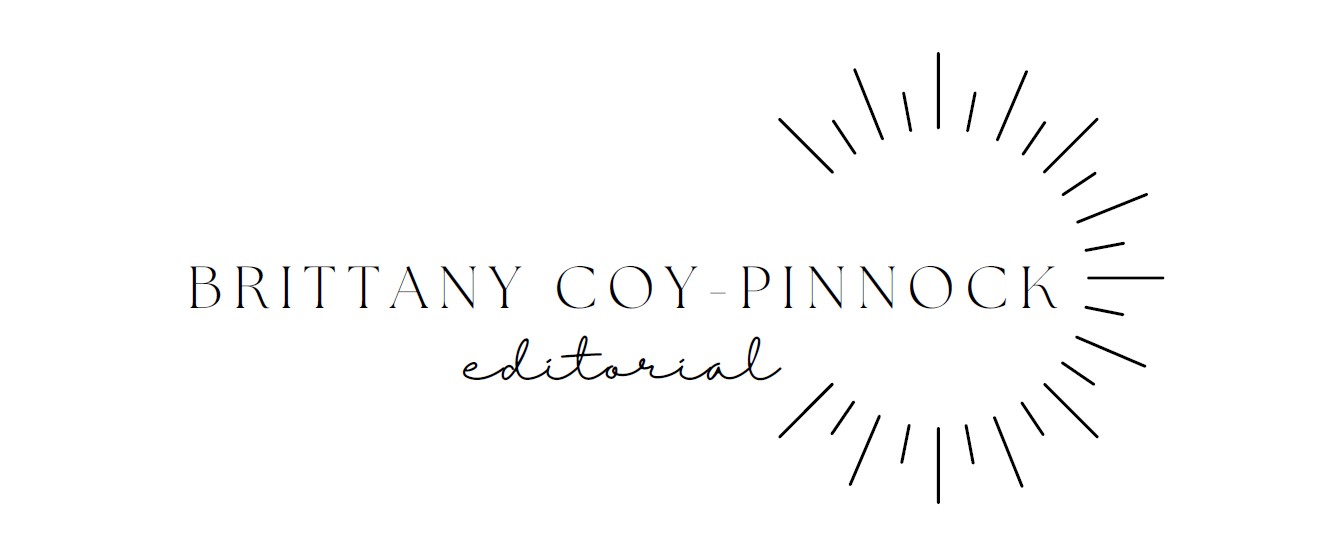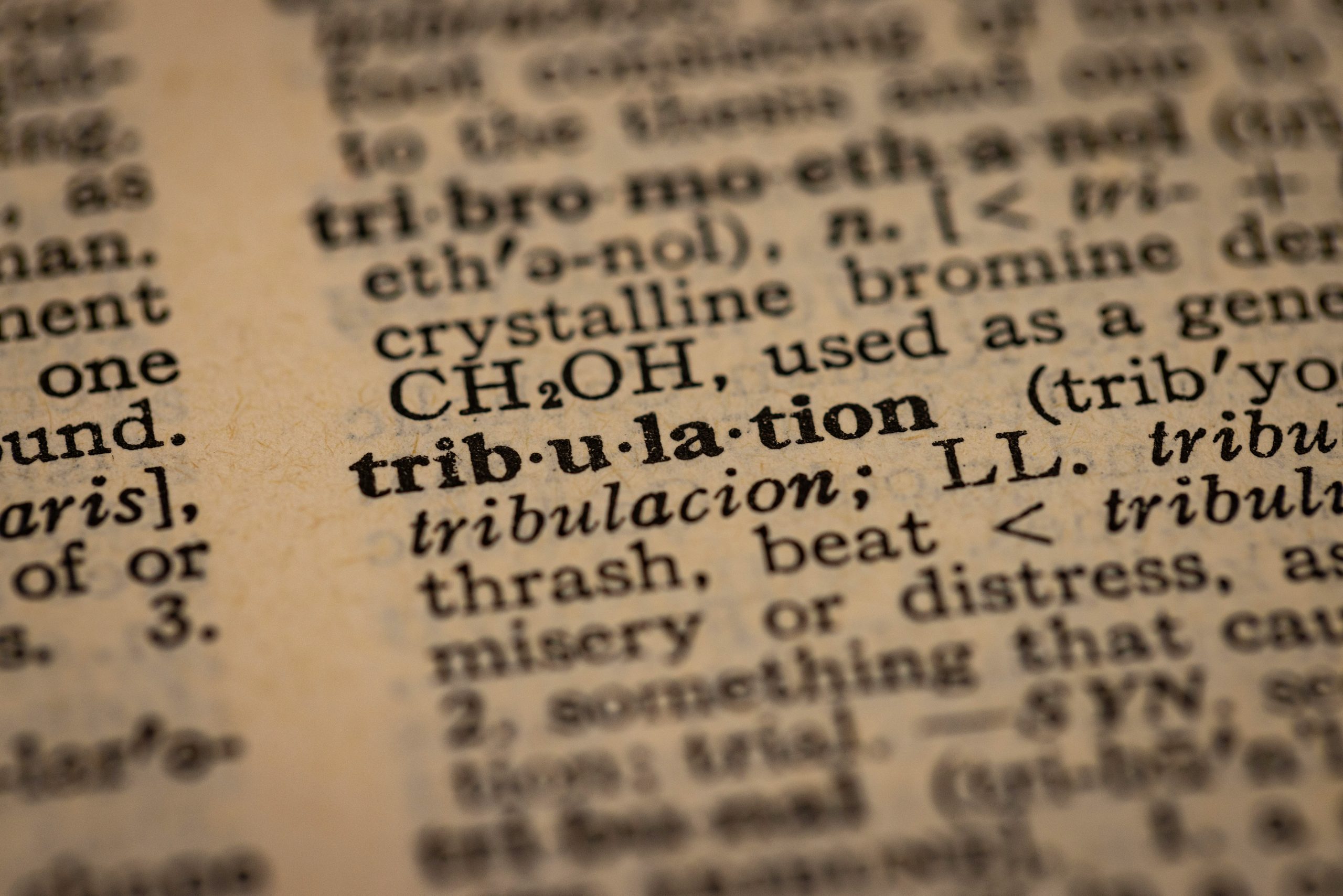How to Find an Editor and Red Flags to Look Out For
Finding a great editor will require more luck than people realize. There are things you’ll learn about an editor only after you’ve hired them on, like their ability to communicate with you long term. You can, however, hedge your bets, and maximize your experience with a freelance editor. Here’s how.
1. Identify your needs
To find an editor, you first have to know what kind of edit you need. Familiarizing yourself with the different types of edits will give you a good starting point to decide what will serve your work the best. Your manuscript will suffer if you hire a proofreader when you need a developmental editor.
Once you’ve established what your work needs, you’ll want to communicate those needs clearly to potential candidates. Some overlap exists between the different types of edits, so extra clarification will ensure the editor you choose offers what you’re looking for. For example, both a developmental edit and an editorial assessment offer a big-picture review of your work, however an editorial assessment will only provide you a summarizing report while a developmental edit will also identify problem areas directly in your manuscript.
A good editor will come prepared with questions to assess if your needs align with the services they offer. You’ll make the process much easier on both of you if you can answer those questions with specificity.
2. Look for an editor in your niche
A good editor can make any story cleaner and sharper even if it’s not in their specific niche. They can recognize good writing when they see it and can offer recommendations to fix problems that persist across genres.
A reputable editor, however, understands their strengths and will have specialties. If you have the option, try to work with someone who specializes in the genre or niche you’re writing in. They’ll be able to identify niche-specific elements that may be unique to your target audience.
For example, one of the first rules every beginner writer learns is the Show, Don’t Tell rule. Because of their extensive worldbuilding requirements, fans of Sci-Fi and Fantasy novels will expect a great deal of creative showing compared to an action novel, whose audience will tolerate more telling as long as the writer maintains the action.
3. Make sure they’re detail-oriented
A hallmark of a good editor is one who can pay attention to fine details. Even a developmental edit, the most macro-level edit, will need an editor who will notice that a character’s hair is blonde on page 237 when it was brown on page 18.
Consider burying a small, but specific requirement somewhere in the middle of your first interaction with the editor, whether it’s an email, or an ad. Make note of the ones who fulfill your request. If they don’t, you can eliminate them knowing they are either not detail-oriented enough, or not paying attention—neither of which will serve your work.
4. Seek out referrals and references
One of the best parts about making friends with other writers is that you can share resources, like great editors, when you find them. Ask any published writers you know if they have a go-to editor. Some agents may also have a list of editors they like to work with.
Don’t be shy about asking a potential editor for references from other clients, but keep in mind that some may not feel comfortable sharing the contact information of previous clients. If this is the case, check their website for testimonials and pay attention to what previous clients talk about. Do they mention professionalism? Warmth and friendliness? Do they praise the editor’s extensive knowledge of craft? All of these will give you an idea of whether or not the editor embodies the qualities that are most important to you.
For a more indirect approach, consider checking the acknowledgment section of a book you enjoyed. Anything you felt was well-written, especially if it’s a similar genre to what you’re writing, is a good place to start.
5. Seek compatible communication styles
Your exchange with your editor is a business transaction, but your comfort should be a factor in your decision. You’ll want someone who makes themselves accessible to you. Responding to emails within 48 business hours is typical. You should also consider their ability to answer your questions and address your fears or concerns to your satisfaction.
Another important consideration is whether their feedback style is compatible with your learning preferences. If you are sensitive about your writing, you won’t enjoy working with an editor with a blunt delivery. If you don’t like being told what to do, you won’t appreciate an editor who frames their feedback as statements rather than suggestions.
The way an editor speaks to you when you meet them for the first time will likely be similar to the way they deliver feedback later, so pay attention to how you respond to them as a person, as much as an editor.
6. Get a sample edit
Don’t be afraid to ask an editor for a sample edit. Many editors will agree as part of their service, or for a reduced fee. Use this as an opportunity to see what they pay attention to, and how they deliver feedback so you can gauge if this is someone who can create a good experience with you.
In the event that a sample edit is not an option, consider sending them a questionnaire that tackles issues that are important to you in an editor and see who has the best answers.
7. Be prepared to spend money
If you’re reading this article, it’s safe to assume you’re committed to your writing. This will have to include a commitment to the cost of making your work as strong as it can be. A novel-length manuscript edit, even a cheap one, will cost you upwards of $2000; more if your manuscript has a lot of problems. A developmental edit on a manuscript of 70,000 words will take at least 50 – 60 hours of dedicated focus, and sometimes much more depending on the state it’s in when your editor gets it.
You may want to cut cost for various reasons. Budgets are important but understand that skimping on cost will show in the quality of the edit and the breadth of knowledge your editor can provide, so be prepared for that trade-off. Remember, if you’re a first-time author, you’ll only get a few pages to make a good impression on an agent, or publisher. It’s worth the cost.
8. Consider the newbie
No one starts with twenty years of training. We all prefer to work with highly experienced professionals, but top-ranking editors with decades of experience will also be the most expensive. If you’re writing on a budget, you can save money by taking a chance on a newbie editor.
If you’re not convinced, request a sample edit. Ask them a few questions when you meet them for the first time. If they can answer in a way that indicates a working knowledge of the job, give them a chance. Trust yourself to know what an expert in their field sounds like. You may be pleasantly surprised by the outcome.
Editor Red Flags to Watch Out For
1. Editors who claim to edit every genre and topic
No one can know everything and similarly, no single editor can be competent with every type of edit in every single genre. A fiction developmental editor won’t be the best candidate if you need a copyedit on an academic research article. An editor who claims to be able to do everything for everyone is someone who has grossly overestimated their abilities, or one who cannot give you an in-depth edit in any field. Proceed with caution.
2. Editors who cannot provide you a timeline for your manuscript
This is a sign that your editor doesn’t have a consistent process, or that they haven’t done enough edits to get an idea of their pace. Some amount of instinct is involved, especially when your editor has a lot of experience. That said, an editor who relies on instinct alone is bound to miss things without some form of a checklist they can follow. The inability to provide a timeline may also be a sign of communication issues, which is something that will come out in the feedback they deliver.
3. Dirt-cheap editors
A novel-length edit is going to be expensive, no matter how you go about it. If every other editor has quoted you $2500 and you find one willing to do it for $500, this is a bad sign. Chances are, they intend to cut corners or don’t have the knowledge or experience to engage with your manuscript as deeply as it needs. It could also be that they’re so new they don’t know how much work goes into an edit, in which case you may have to deal with the quote being revised later on.
4. Editors who quote only non-editing experience
There are many jobs within the writing industry and while there’s a lot of overlap, not all of them require the exact same skills. Teaching or journalism aren’t the same as editing and don’t use the exact same skills. By all means, hire a teacher or journalist if you want, just try to make sure they also have editing experience for the best results.
Conclusion
Finding an editor that meets your needs can be a long process. Don’t let yourself get discouraged if it doesn’t happen immediately when you start looking. With these 7 tips, you’ll have a better sense of what to look for and how to narrow down the selection until you find the best fit.




Pingback: 7 Types of Editing and How To Decide Which One You Need – Brittany Coy-Pinnock